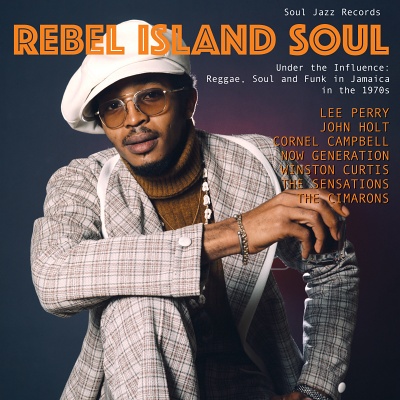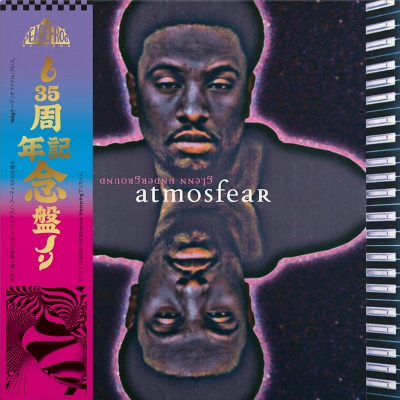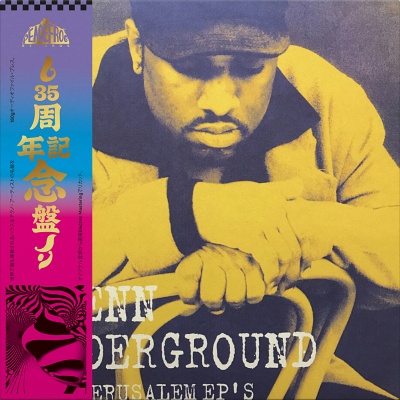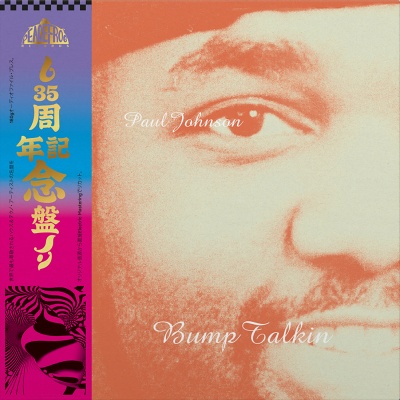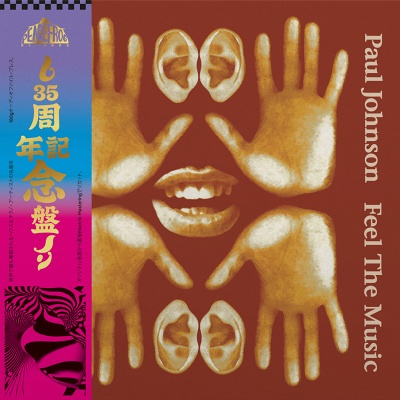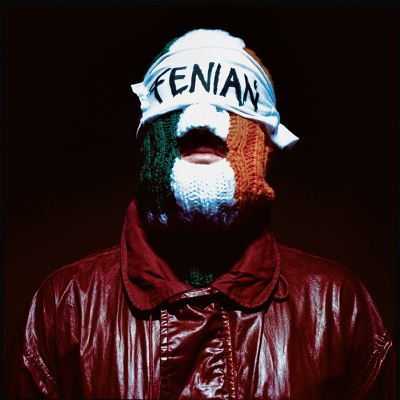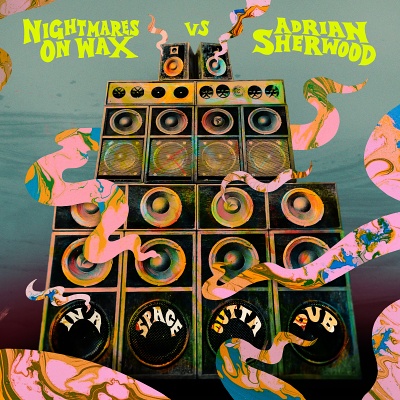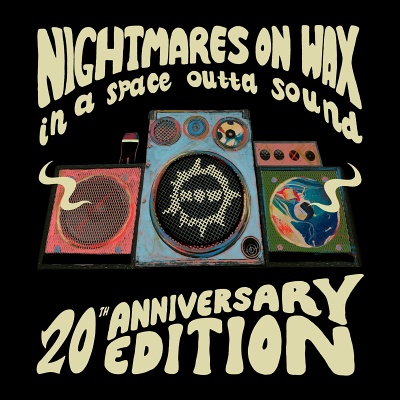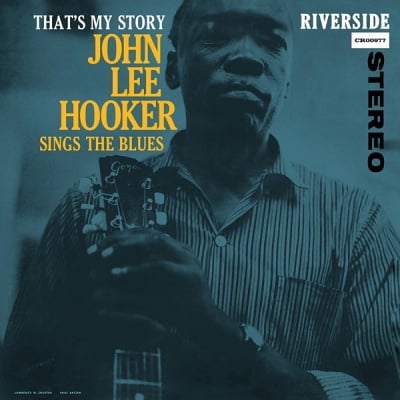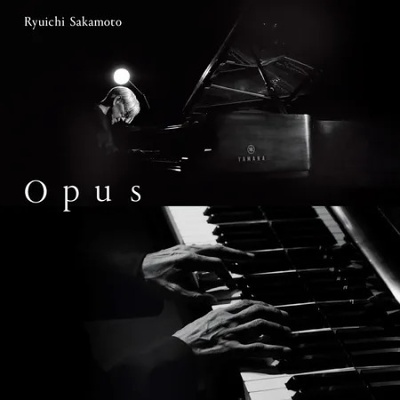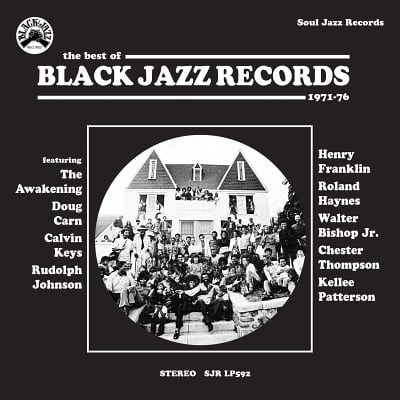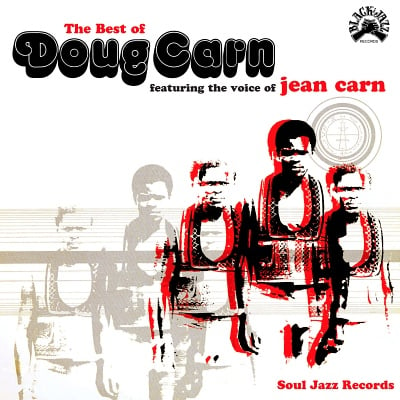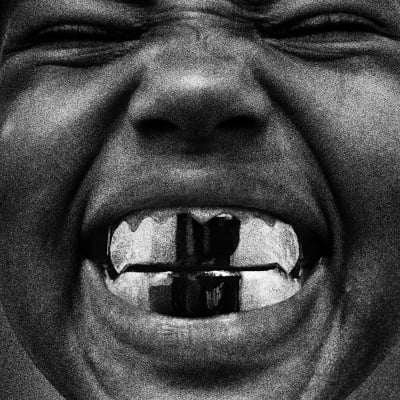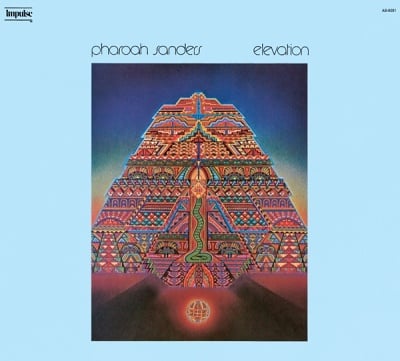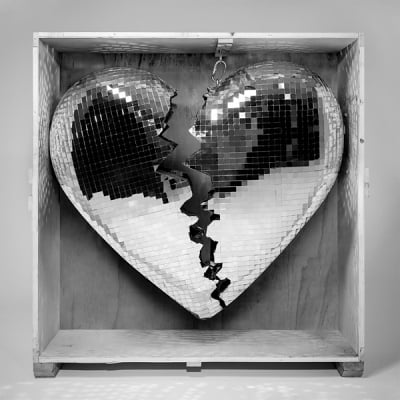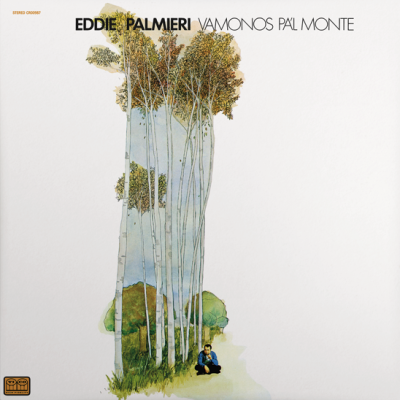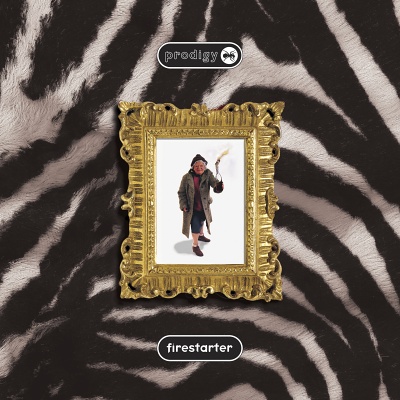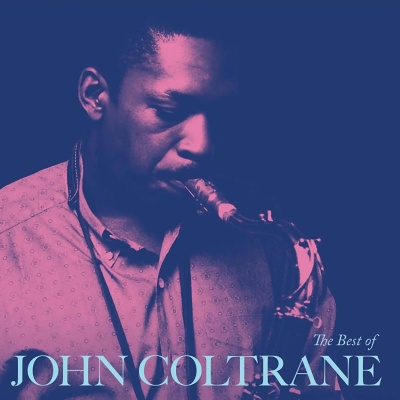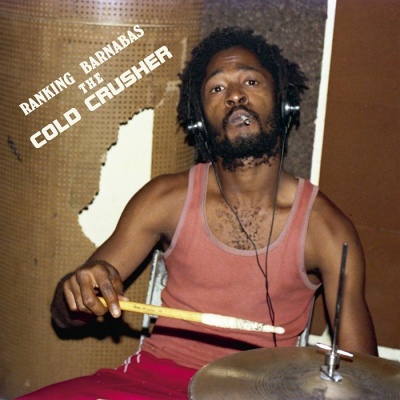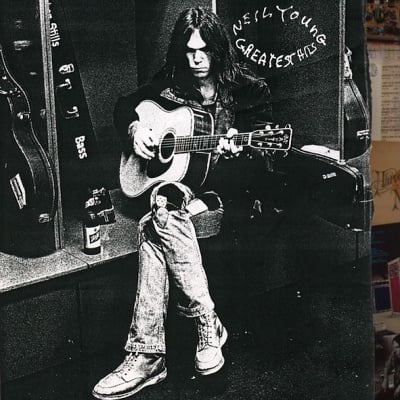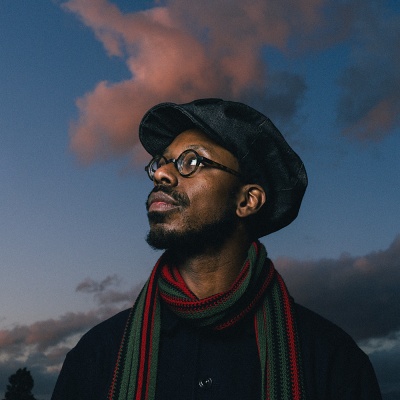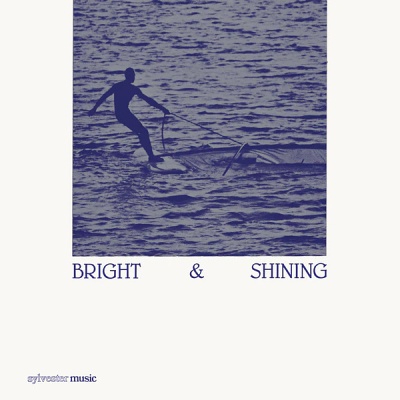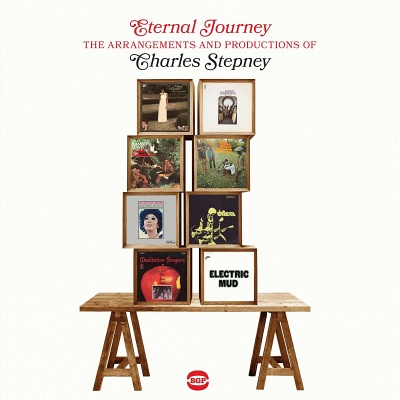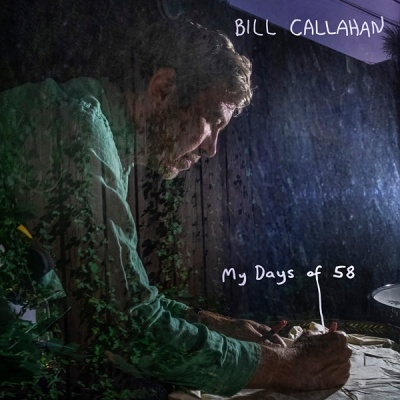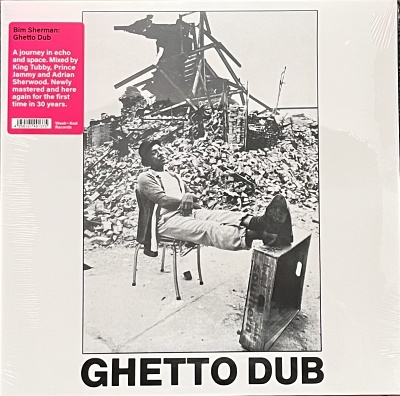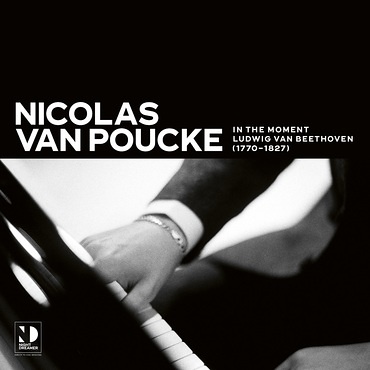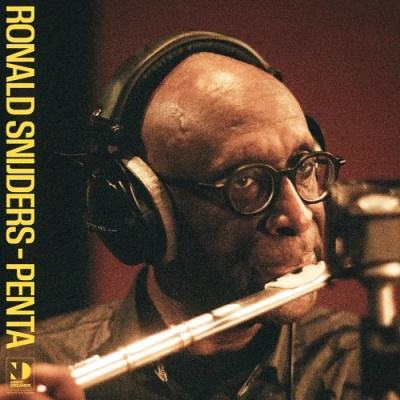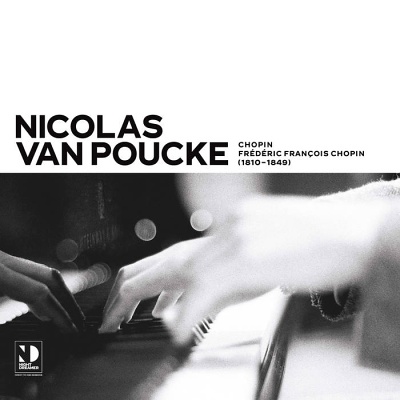- LP ND11£23.00In stockAdd to Bag
“The stakes are high; if I mess up the last bar, the whole recording is ruined.” As Dutch pianist Nicolas van Poucke acknowledges, there is an electricity in the room whenever the lathe is on. Direct-to-disc recording generates tension and release unlike other methods, not least in the final moments of a 20-minute solo piano recital. Described as “the young freethinker” of his generation, van Poucke relished the challenge.
Having spent day one setting up to record works by Frédéric Chopin, van Poucke changed tack on day two to perform two Beethoven piano sonatas - Sonata No. 12 Opus 26 in A flat major, and Sonata No. 23 Opus 57 in f minor, also known as the “Appassionata”. For many the latter is one of Beethoven’s most important and challenging works. Recorded in a single continuous take, van Poucke’s recital bristles with energy, control and improvisatory flair. The nature of the recording also sets it apart. Classical pianists have long negotiated the line between technical precision and emotional intent. Outside the rigours of the concert hall, live recordings of classical works are a rarity, and contemporary studio recordings tend towards the meticulously edited. The detail afforded by hi-fi digital clarity is often preferred to the warmth and feel of an analogue process.
This was not always the case. Drawing on his love for the playing of Cortot, Horowitz and Fischer during the so-called ‘Golden Age’ of pianists in the early-mid 20th century who would have likely recorded direct-to-disc before the advent of tape, van Poucke was inspired to follow in their footsteps.
“When playing music, one goes from one place to another,” he describes. “In a performance, everything that happens in the moment affects what will happen in the next bar or chord. A different nuance, shading, sound quality, inflection might put something that happened in a different light.”
The immediacy of the recording is striking, the resonant quality of the open Steinway grand delivering a sound as close to live as possible. Nicolas agrees: “In the end, it was a super intense, risky, highlystrung, but a beautiful and joyful experience.” For fans of great jazz soloists like Keith Jarrett and Bill Evans as much as for classical aficionados, van Poucke’s recordings make the best of the process in capturing a sense of timelessness in the music.
